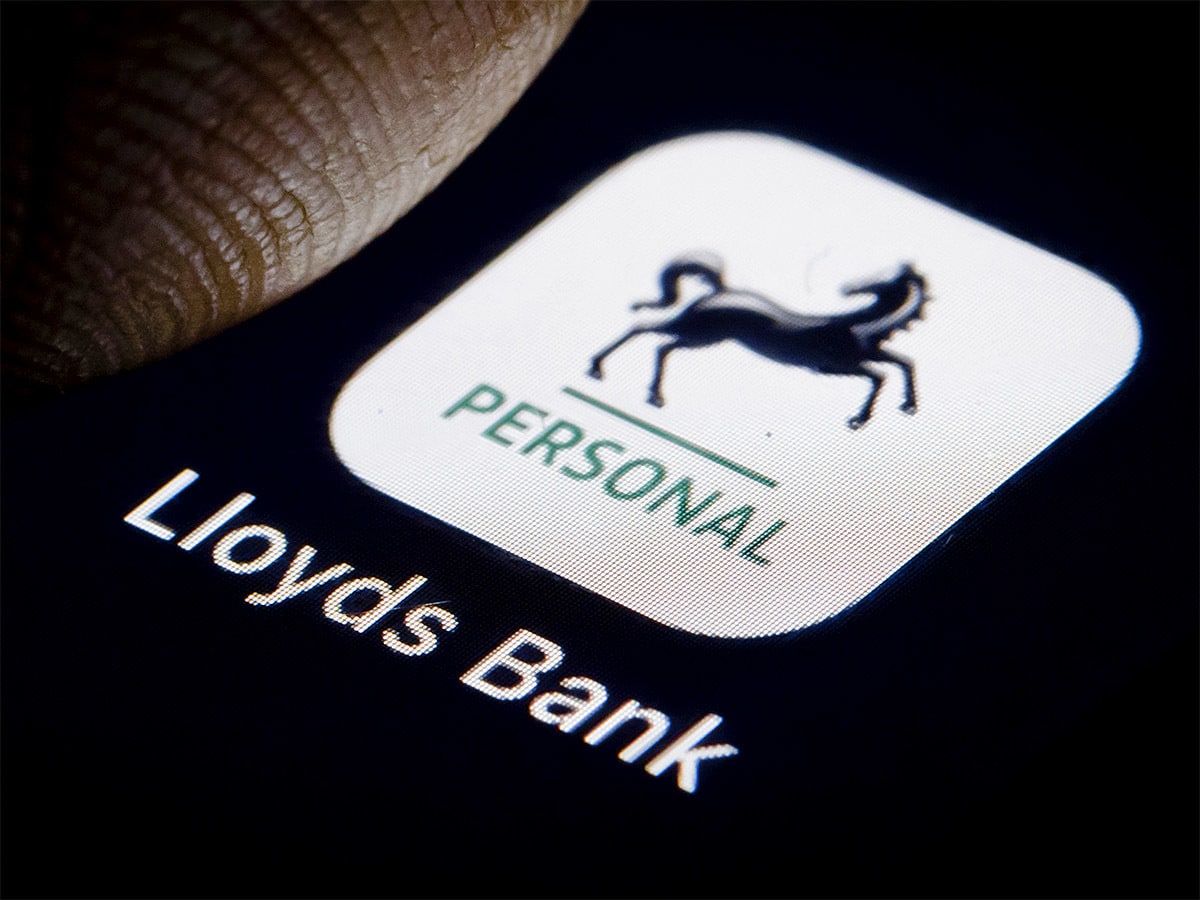Lloyds’ [LLOY] share price shot up over 25% last week as the FTSE 100 enjoyed its best week since April. Providing the boost was Pfizer [PFE] and BioNTech’s vaccine breakthrough, which brought hope that the UK economy might bounce back quicker than anticipated from the pandemic.
Commenting on the FTSE 100’s performance, Russ Mould, investment director at AJ Bell, told the Guardian “Investors’ perspective on the outlook has definitely been shifted in a positive direction by the vaccine breakthroughs and there is the promise of more news in this area in the weeks to come.”
At the end of Friday, Lloyds' share price was within touching distance of its 37p average analyst price target on the Financial Times. If this rally has legs, the next question is whether analysts are going to up their price targets on Lloyds’ share price.
Will Lloyds’ share price target go higher?
Of all the UK banks, Lloyds has the best potential re-rating upside. That’s according to Credit Suisse, with the caveat that this is dependent on a successful coronavirus vaccine coming to market in the next few months. Pfizer has said that it is able to produce 10 million doses by the end of the year, with another 30 million ordered. Also back on the table, according to the Swiss bank, is the possibility of dividend payouts.
“With a successful vaccine, we think regulators will be more willing to allow banks to pay a normalised dividend for 2020, as well as some catch-up for 2019,” an analyst at Credit Suisse wrote in a note to clients.
Credit Suisse has a Buy rating on Lloyds’ share price, along with a 40p price target on the stock. UBS and Morgan Stanley are more bullish with a 45p price target.
The coronavirus has been one of the major hurdles analysts have pointed to for current targets on Lloyds’ share price. With more certainty about when a vaccine will be rolled out, analysts may want to reevaluate their price targets on the bank.
Possible targets for Lloyds’ share price
Much has been made of the fact that Lloyds’ share price has been cut in half this year. While shareholders might be optimistic that it will eventually head back to its 52-week high of 73.66p — a huge 107% upside on 16 November’s closing price — that might not be the most realistic level, at least in the short term.
Even before the pandemic took hold, Lloyds’ share price was under pressure. Late February saw the stock enter a steep decline. Triggering this were annual results that revealed a 26% drop in pre-tax profit caused by PPI claims. March then saw the coronavirus pandemic take-hold of the markets, with Lloyds’ share price bottoming out at 27.73p on 3 April.
On 20 February — the day the bank announced its 2019 results — Lloyds’ share price was trading at 55.99p. Returning to this level would represent a 57.3% upside on the current share price. A decent gain and, perhaps, a more realistic target.
Possible tailwinds
The performance of the UK economy is what affects Lloyds’ share price the most. A vaccine offers hope that the economy can rebound faster than initially anticipated. Helping the rally is news that the UK economy grew at a record quarterly rate of more than 15% over the summer.
Yet, investors will need to temper enthusiasm from that success with the fact that September saw a slowdown in growth as fears of a second wave increased. Bank of England figures suggest that GDP will continue to fall in the last 3 months of the year. Other factors, including a slowdown in the housing market and a rise in unemployment, will also nag at Lloyds’ share price.
Andrew Bailey at the BoE said the vaccine advance is “very encouraging” for the UK economy. Speaking at the Financial Times’ Global Boardroom event last week, Bailey suggested that the developments in vaccine trials should limit the amount of structural changes needed in the UK economy. However, Bailey went on to say the BoE’s predictions that the economy won’t return to post-pandemic levels until the first half of 2022 still hold true.
The last time Lloyds was trading around its current level was June, with a highpoint of 38.12p on 8 June. This could represent the first target to break.
| Market cap | £25.22bn |
| EPS (TTM) | 1.00 |
| PE ratio (TTM) | 35.61 |
| Quarterly revenue growth (YoY) | -18.8% |
Lloyds' share price vitals, Yahoo Finance, 17 November 2020
Disclaimer Past performance is not a reliable indicator of future results.
CMC Markets is an execution-only service provider. The material (whether or not it states any opinions) is for general information purposes only, and does not take into account your personal circumstances or objectives. Nothing in this material is (or should be considered to be) financial, investment or other advice on which reliance should be placed. No opinion given in the material constitutes a recommendation by CMC Markets or the author that any particular investment, security, transaction or investment strategy is suitable for any specific person.
The material has not been prepared in accordance with legal requirements designed to promote the independence of investment research. Although we are not specifically prevented from dealing before providing this material, we do not seek to take advantage of the material prior to its dissemination.
CMC Markets does not endorse or offer opinion on the trading strategies used by the author. Their trading strategies do not guarantee any return and CMC Markets shall not be held responsible for any loss that you may incur, either directly or indirectly, arising from any investment based on any information contained herein.
*Tax treatment depends on individual circumstances and can change or may differ in a jurisdiction other than the UK.
Continue reading for FREE
- Includes free newsletter updates, unsubscribe anytime. Privacy policy





